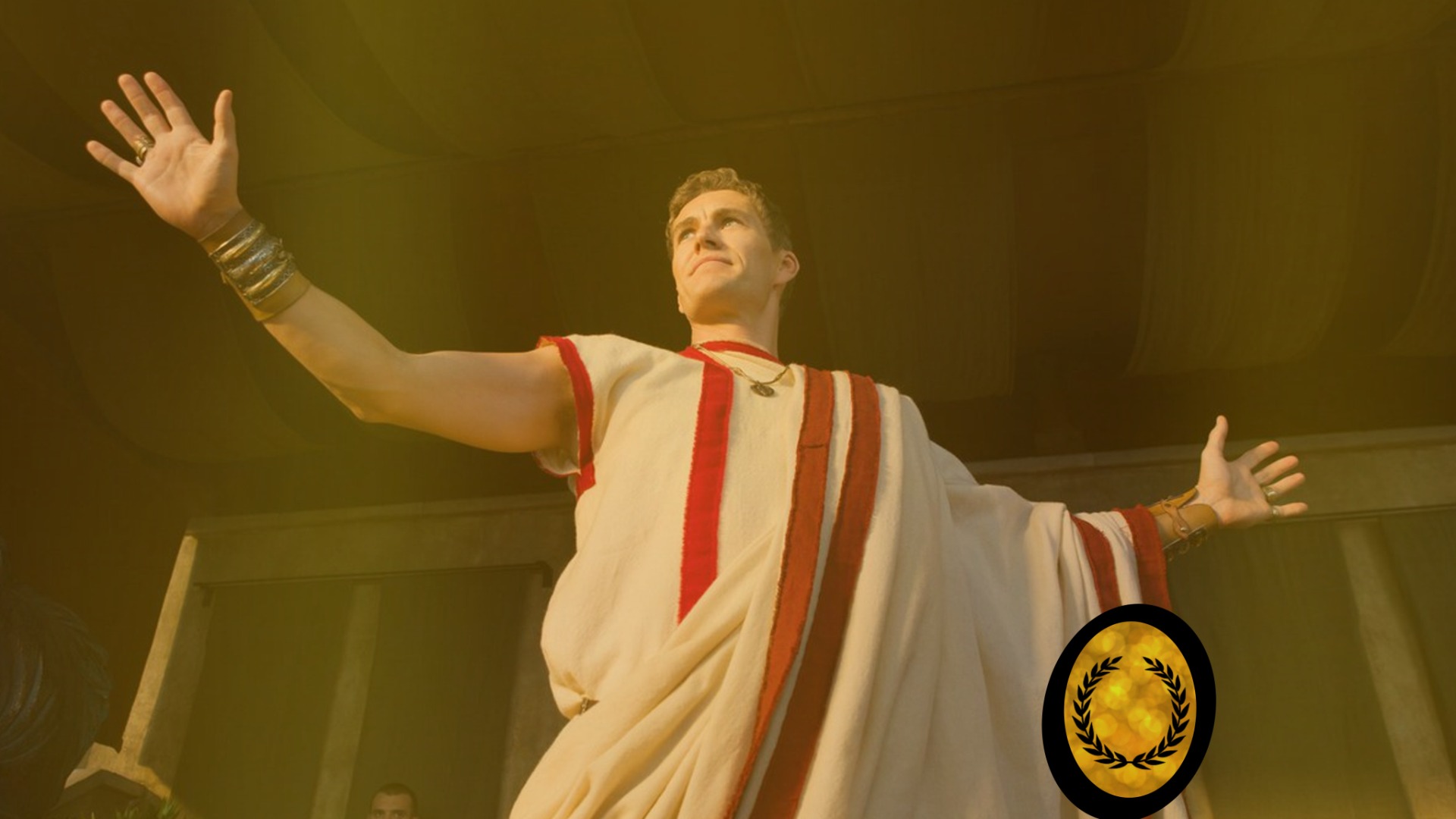This explicit assignment of special powers for five years was supported by law passed by the plebs, unlike the unofficial First Triumvirate of Pompey, Julius Caesar and Marcus Licinius Crassus. The triumvirs then put in place proscriptions, in which 300 (according to Apian) or 130 (according to Livy) senators and 2000 equestrians were stigmatized as criminals and deprived of their property as well as, for those who could not escape, their lives.
This decree issued by the triumvirate was motivated in part by the need to raise funds to pay troop salaries for the upcoming conflict with Caesar's assassins, Marcus Junius Brutus and Gaius Cassius Longinus. Rewards for their arrest gave the Romans an incentive to capture the outlaws, while their movable and immovable property was seized by the triumvirs.
This claim was rejected by Appian, who maintained that Octavian shared a common interest with the other triumvirs in eradicating their enemies. Suetonius presented the case that Octavian, though reluctant at first to outlaw officers, actually pursued his enemies more rigorously than the other triumvirs. Plutarch described the bans as a cruel and merciless exchange of friends and family between Antony, Lepidus, and Octavian.










